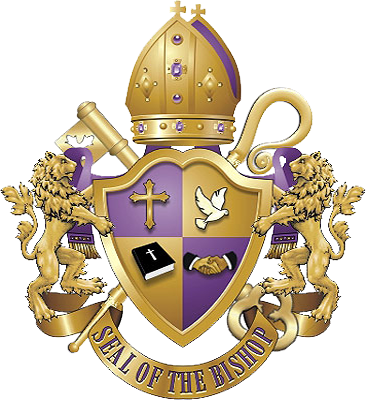The First Bishops of the New Testament
Church: Their Lives and Contributions
Lesson 2.3: Reflections on Clement's Legacy
Clement of Rome holds an undeniably pivotal place in the history of the early Christian
Church. His legacy, both in thought and governance, shaped the trajectory of
Christianity for centuries. To understand his enduring impact, we must consider the
principles he championed and the ways they influenced later Christian practices and
theology. Clement's contributions were not confined to his lifetime; they became
foundational for how the Church understood leadership, unity, and its role in society.
One of Clement's most notable achievements was his emphasis on the importance of
unity within the Christian community. His famous letter to the Corinthians, known as the
First Epistle of Clement, addressed divisions within the church in Corinth. He urged
reconciliation and humility, reminding believers of their shared commitment to Christ.
Clement's approach was not merely practical but deeply theological. He framed unity as
essential to the Church's identity, rooted in the divine order established by God. This
perspective resonated profoundly in later Christian thought, particularly in the
development of ecclesiastical governance.
Clement’s understanding of church structure also left a lasting mark. He emphasized
the importance of maintaining order through the authority of bishops and elders,
viewing their roles as divinely instituted. This notion of hierarchical leadership became a
cornerstone of Christian governance, influencing how the Church organized itself in
subsequent centuries. By asserting the necessity of leadership rooted in divine
appointment, Clement provided a theological framework for the authority of church
leaders. This idea would later evolve into more formalized doctrines of apostolic
succession, which justified the continuity of leadership from the apostles to later
bishops.
Another significant aspect of Clement’s legacy lies in his articulation of the relationship
between faith and works. Although his writings did not delve into systematic theology,
they reflect a balance between the two, emphasizing that good works are evidence of
genuine faith. This perspective aligned closely with the teachings of the apostles and
became an enduring theme in Christian ethics. Clement’s emphasis on living out faith
through action reinforced the idea that the Christian life is not merely about belief but
also about tangible expressions of love and service. This principle echoed through the
writings of later church fathers and remains a vital part of Christian practice today.
Clement's influence extended beyond theological concepts to the practicalities of
Christian governance. His writings demonstrated an early example of pastoral care on
behalf of the broader Christian community. By addressing the Corinthian church’s
disputes, Clement modeled the role of the bishop as a mediator and guardian of unity.
This pastoral responsibility became central to the role of church leaders in the centuries
that followed. Clement’s interventions in Corinth exemplified how bishops could act as
stabilizing figures during times of conflict, a function that proved essential as the
Church expanded and faced increasing challenges.
Moreover, Clement's legacy contributed to the shaping of Christian identity in the
broader Roman world. By advocating for order, humility, and peace within the Church,
he presented Christianity as a community rooted in ethical values and divine principles.
This portrayal was critical in distinguishing the Church from other religious movements
of the time. Clement’s emphasis on harmony and respect for authority helped position
Christianity as a faith that valued both spiritual and social stability, making it more
appealing to converts and more resilient against external pressures.
Clement of Rome also serves as an early example of how Christian leaders could draw
upon Scripture to address contemporary issues. His letter to the Corinthians is rich with
references to the Old Testament, demonstrating how biblical texts could provide
guidance for church governance and moral behavior. This reliance on Scripture as a
source of authority and wisdom became a defining characteristic of Christian teaching.
Clement’s use of biblical references set a precedent for theological reasoning rooted in
the sacred texts, influencing the methods employed by later church fathers and
theologians.
In conclusion, Clement of Rome’s legacy is multifaceted, encompassing theological,
ethical, and practical dimensions that shaped the Church’s development. His emphasis
on unity, divine order, and the role of leadership provided a foundation for the
ecclesiastical structures that followed. His articulation of faith expressed through works
enriched Christian ethics, while his reliance on Scripture as a source of authority
influenced theological traditions. Clement’s contributions continue to be felt in the
ongoing life of the Church, reflecting the timeless relevance of his insights and
leadership. By examining his legacy, we gain not only a deeper understanding of early
Christian thought but also a renewed appreciation for the enduring principles that guide
the Church today

Comments are closed.